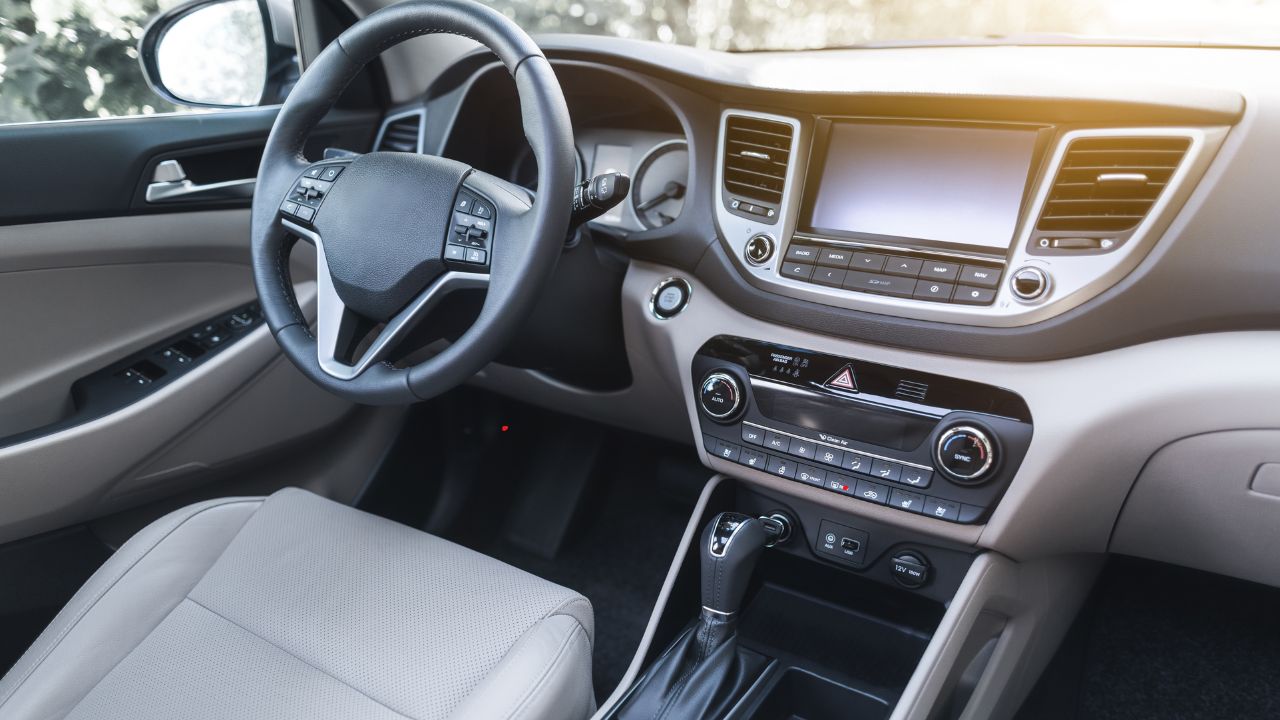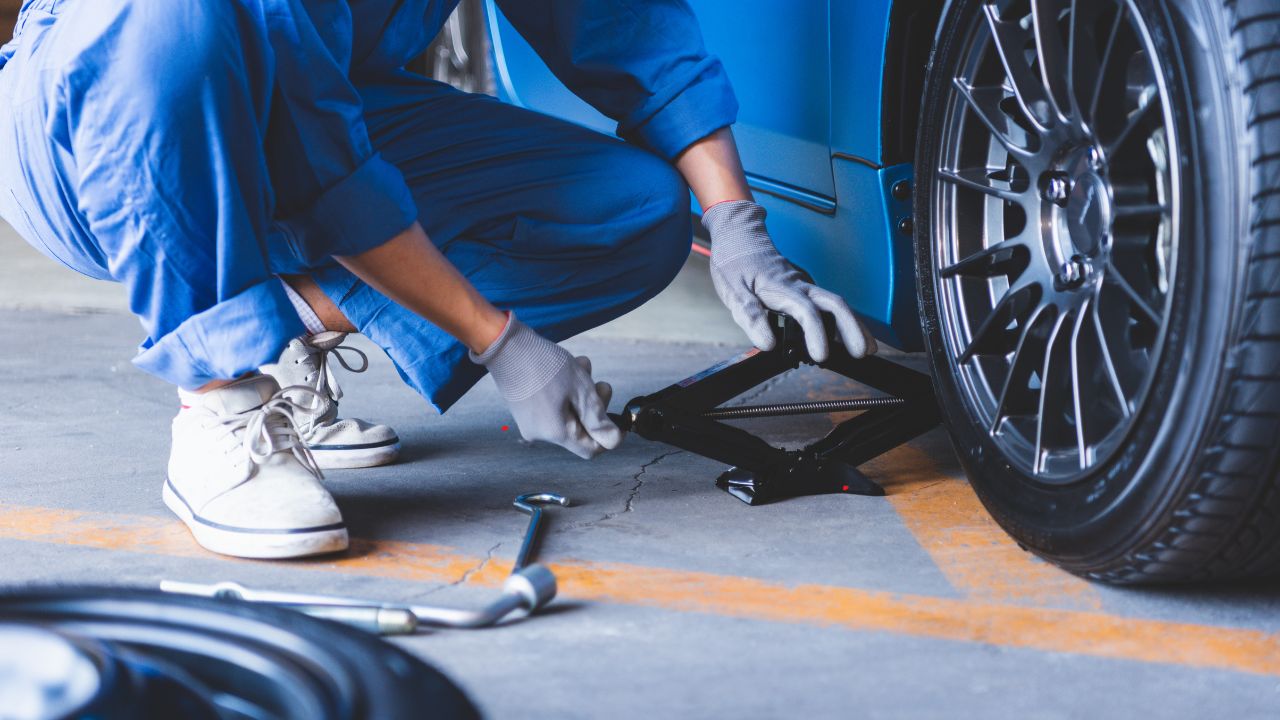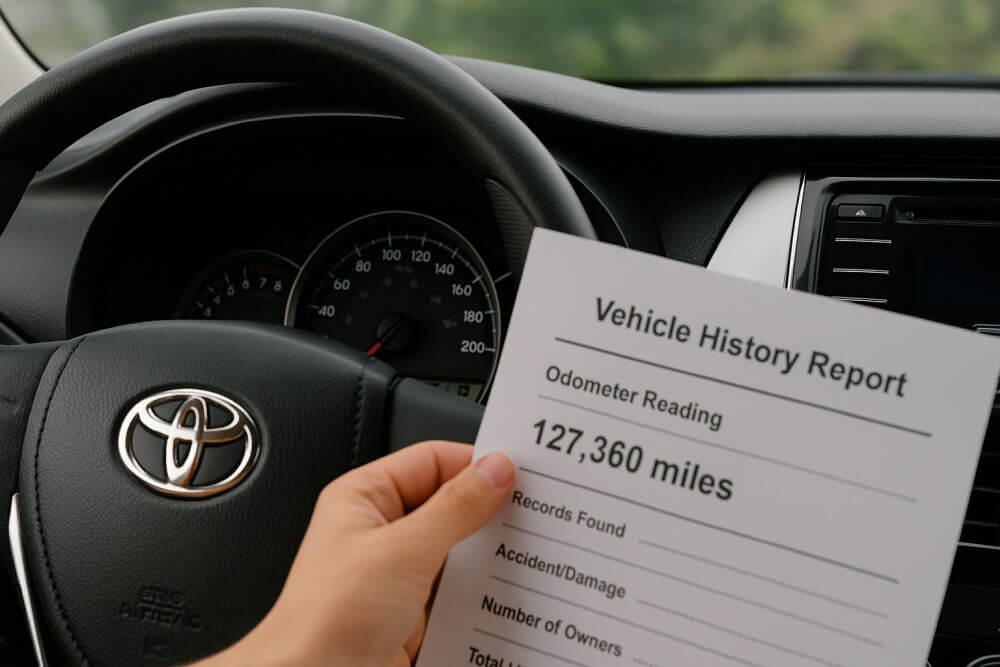1. Understand the Vehicle’s History
One of the first steps in buying a used car is learning about its past. A vehicle history report can provide essential details, including previous ownership, accident history, and any reported damage. This information can be a deal-breaker if the car has been in a major accident or has a salvage title.
In Georgia, where vehicles can be exposed to harsh weather conditions, knowing if the car has been involved in flood damage is critical. You can start by performing a Georgia license plate lookup owner service to cross-check the vehicle’s history with what the seller has disclosed.
- Key Points:
- Obtain a vehicle history report.
- Look out for signs of flood damage.
- Verify the information with a license plate lookup.
2. Perform a Thorough Exterior and Interior Inspection
The next step is to inspect the car thoroughly. Start with the exterior. Check for rust, dents, or mismatched paint, which might indicate past repairs. Georgia’s humid climate can contribute to rust, especially in less visible areas like the undercarriage, so be meticulous in your examination.

The interior is just as important. Check the condition of the seats, dashboard, and carpeting. Georgia’s high temperatures can cause the interior materials to crack or fade, so make sure everything is in good condition. Also, test all electronic components, including the air conditioning, which is vital in Georgia’s hot summers.
- Inspection Checklist:
- Examine the exterior for rust, dents, and paint issues.
- Check the interior for cracks, fading, and electronic functionality.
- Test the air conditioning and other essential features.
3. Test Drive on Various Roads
A test drive can reveal a lot about a car’s condition. Drive the vehicle on different types of roads, including highways, city streets, and rural paths, to assess its performance. Pay attention to how the car handles, brakes, and accelerates. Listen for any unusual sounds like clunking or squealing, which could indicate mechanical issues.
Georgia’s road conditions can vary, so it’s essential to ensure the car handles well on all surfaces. Also, check that the steering is responsive and that the vehicle doesn’t pull to one side, which could signal alignment issues.
- Test Drive Tips:
- Drive on various road types.
- Listen for any unusual sounds.
- Ensure the vehicle drives straight without pulling to one side.
4. Examine the Engine and Under the Hood
The engine is the most critical component of any vehicle. Check for any oil leaks, worn belts, or signs of corrosion under the hood. The oil should be clean, and the transmission fluid should be a clear red or pink. If the car is older, ask if the timing belt has been replaced, as this can be an expensive repair.

Given Georgia’s hot climate, it’s also crucial to ensure that the cooling system is in top condition. Look at the radiator, coolant levels, and hoses to ensure there are no leaks or signs of wear.
- Under the Hood Checklist:
- Inspect for leaks, corrosion, and worn belts.
- Check fluid levels and conditions.
- Ensure the cooling system is functioning properly.
5. Assess the Tires and Suspension
Tires are another essential part of the inspection process. Look at the tread depth and check for uneven wear, which could indicate alignment or suspension problems. The tires should also be of the same brand and model for optimal performance. Don’t forget to inspect the spare tire and ensure it’s in good condition.

In Georgia, where roads can be rough in rural areas, having a reliable suspension system is key. If the car feels bumpy or unsteady during the test drive, it might have suspension issues that need to be addressed.
- Tire and Suspension Tips:
- Check tread depth and for uneven wear.
- Ensure all tires match.
- Test the suspension during the drive.
6. Review All Paperwork
Before sealing the deal, make sure all paperwork is in order. This includes the title, registration, and bill of sale. The title should be clear of any liens, and the Vehicle Identification Number (VIN) on the title should match the one on the car.
To double-check everything, you can find license plate number records and compare them with the car’s VIN. This step can help you avoid any potential legal issues or buying a car with a hidden history.
- Paperwork Checklist:
- Verify the title and registration.
- Ensure the VIN on the title matches the car.
- Obtain a bill of sale from the seller.
7. Consider a Pre-Purchase Inspection
Even if the car looks great, it’s always a good idea to have a trusted mechanic give it a once-over before you buy. A mechanic can spot potential problems that you might miss, saving you from expensive repairs down the road.
In Georgia, where climate and road conditions can cause specific issues, a mechanic’s inspection is invaluable. They can check for things like hidden rust, engine wear, or issues with the suspension that you might not notice on your own.
- Pre-Purchase Tips:
- Find a reliable mechanic.
- Have them inspect the car thoroughly.
- Review their findings before finalizing the purchase.
8. Negotiate a Fair Price
Finally, make sure you’re paying a fair price for the car. Use online resources like Kelley Blue Book or Edmunds to check the car’s market value based on its condition, mileage, and features. If the car needs repairs, factor those costs into your offer.
Don’t hesitate to negotiate with the seller, especially if the inspection revealed any issues. A fair price should reflect the car’s current condition and any immediate repairs it might need.
- Pricing Tips:
- Research the car’s market value.
- Factor in repair costs.
- Be prepared to negotiate.
Conclusion
Buying a used car in Georgia requires careful consideration and attention to detail. From understanding the car’s history to inspecting its condition and ensuring the price is right, each step is essential to making a wise purchase. Follow this guide to drive away with confidence, knowing you’ve made an informed decision.


